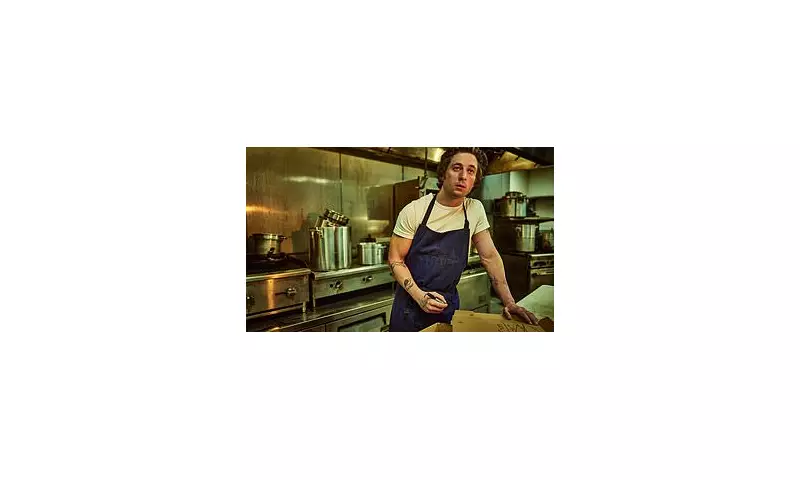
Move over, Delia and Nigella—there's a new, decidedly more provocative voice in the culinary world. 'Tart & Slutty: The Cheff's Cookbook' has arrived, and it's serving up a generous portion of attitude alongside its recipes.
The book, penned by an author known only as 'The Cheff', is anything but shy. It boldly challenges the often-sanitised and polite world of food writing, embracing a mantra of unapologetic indulgence and feminist reclaiming of language. This is not simply a collection of recipes; it's a statement.
More Than Just a clever Name
The title itself is a deliberate act of reclamation. 'Tart' and 'Slutty'—words historically used to shame—are wielded here with pride and a cheeky sense of humour. The Cheff argues that enjoying food, especially baked goods and decadent treats, should be a joyous, guilt-free experience. The book encourages readers to shed inhibitions and fully embrace the pleasure of cooking and eating.
A Feast for The Senses and The Soul
While the title grabs attention, the content promises to hold it. The book is reportedly packed with luscious photography and recipes designed to delight. Expect decadent desserts, rich pastries, and hearty meals that refuse to play it safe. It’s a celebration of flavour first, with a side of rebellious spirit.
Early impressions suggest the book is as much about a mindset as it is about method. It interweaves personal anecdotes, cultural commentary, and culinary wisdom, creating a unique read that resonates beyond the kitchen.
Who is The Cheff?
The mystery surrounding the author's identity only adds to the book's intrigue. Choosing to remain anonymous, The Cheff lets the food and the philosophy take centre stage. This decision separates the work from the cult of personality that dominates much of modern cooking and allows the ideas within to stand on their own merit.
This review positions 'Tart & Slutty' as a refreshing, if controversial, addition to the cookbook shelf. It’s a testament to how food intersects with culture, language, and identity, proving that a cookbook can be a powerful vehicle for conversation and change.





